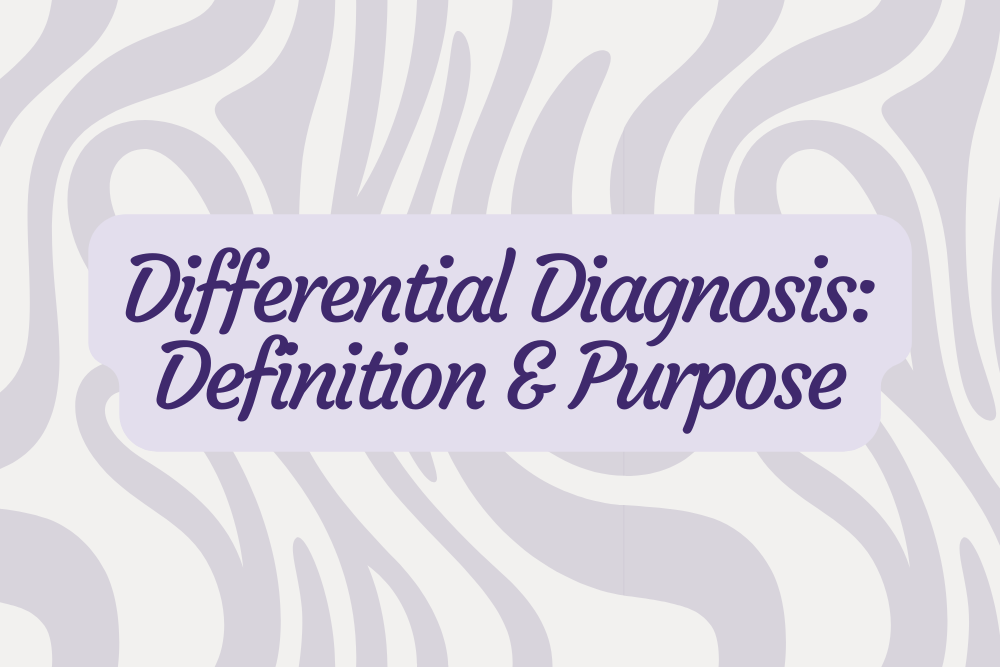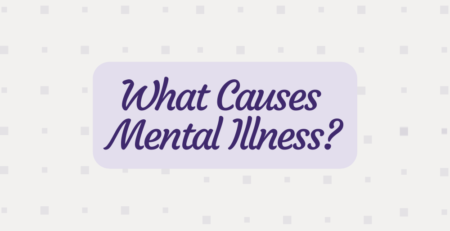What Is a Differential Diagnosis?
If you’ve ever been through the process of trying to determine the source of your symptoms, you know that part of this is narrowing down the potential diagnoses. Because multiple disorders can present similarly, this is common practice in diagnosing mental or physical conditions. As medical and mental health professionals determine the most likely source of the signs you’re exhibiting, they will likely list a few possibilities. This is referred to as a differential diagnosis.
Why a Differential Diagnosis Is Important
In both the medical and mental health fields, a misdiagnosis can have detrimental effects. Often, treatment for these conditions requires specialized care and medication. Without the proper diagnosis, treatment will be ineffective. As providers work to determine the source of your concerns, a differential diagnosis prevents them from deciding on an inaccurate condition. This also encourages medical professionals to be transparent throughout the process. By acknowledging the various potential reasons for your symptoms, you become part of your diagnostic process and can provide input.
Receiving a Diagnosis
To determine your specific condition, your provider will administer a series of tests, and these will depend on your symptoms and the disorder they suspect. For mental health conditions, this may include:
- Asking about the onset of your concerns
- Having you describe the severity of these signs
- Looking at how long symptoms last
- Participating in a formal diagnostic test
- Informal conversations with family (when appropriate)
After these are completed, your practitioner may offer a differential diagnosis of possible conditions. They may not know immediately your exact diagnosis, but this process will help get you closer to a solution. Sometimes, it takes multiple conversations and observation periods for providers to be sure about your diagnosis, so it’s important to be as patient as you can.
Coping With Your Condition
Once you have officially received a diagnosis, you’ll likely have a variety of feelings. This is completely normal and understandable. You may feel relief, uncertainty, frustration, or any combination of emotions. Because this is usually the first step in treatment, you may not have the coping skills to manage these feelings yet, so it’s important to be open with your provider about this. Here are some practical tips for managing a recent mental health diagnosis:
Be Open
This may not have been the condition you were anticipating, and that can be difficult to come to terms with. Recognize that your mental health team has decided on this diagnosis based on the combination of symptoms you are exhibiting. They are professionals whose goal is to provide you with the best possible care, meaning they need an accurate starting point for treatment.
Understand This Doesn’t Define You
A mental illness is not a defining characteristic of you as a person. When someone is diagnosed with a chronic illness, like diabetes or lupus, we would never talk about that person as if this illness is who they are. For example, we wouldn’t say, “She is diabetes,” because this is part of someone’s character. In the same way, we should work to apply this principal with mental health. Try to refrain from defining yourself by your disorder. You are not your disease. You have a mental illness.
Find Support
You aren’t meant to manage any diagnosis on your own. You can find support in mental health professionals, medical providers, and within your community. Regular therapy helps you work through the roots of your condition and develop coping skills to mitigate symptoms. Family members and peers can also provide support, given they are understanding about your mental illness. Support groups for your specific diagnosis give you a space to connect with others who are experiencing similar things.
Mental Health Care in Southern California
If you are looking for mental health treatment to help manage a recent diagnosis, Serene Behavioral Health can help. We specialize in treating depressive and mood disorders, anxiety, and trauma. Our various levels of care provide you with treatment options to fit your specific needs. Our residential and partial hospitalization programs are considered more intensive, providing you with greater staff support. As you continue in treatment, we offer an intensive outpatient and monitored outpatient program, so you can receive care while integrating back into your routine. If you need intensive support for your mental illness, contact our highly skilled treatment team today.
















